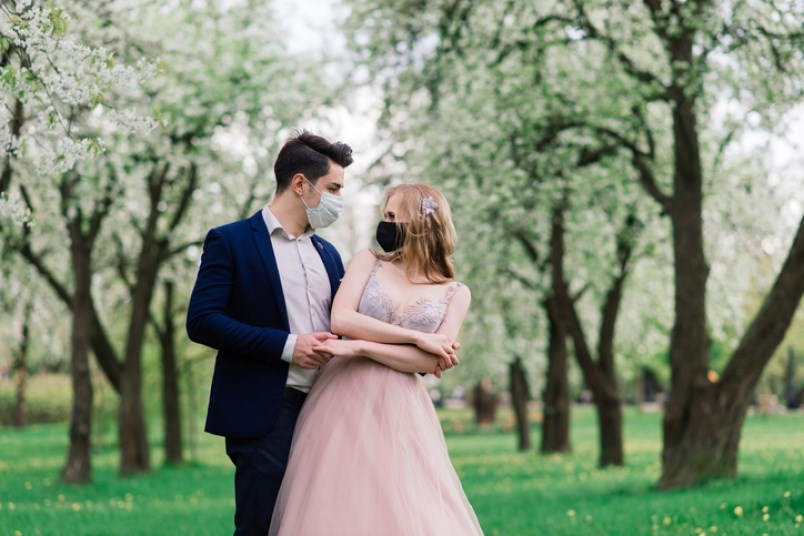With pandemic restrictions preventing large gatherings, wedding planner Angela Hodel wants the provincial government to provide more clarity and direction to the industry so businesses can better plan for future events.
Hodel owns Imagine Events and has worked in the wedding and events industry for 10 years. She has watched the pandemic destroy her business and others while government regulations wiped out the wedding season from April to October.
“Like most small business, (the past year has) been pretty abysmal, specifically in the wedding event industry, just because we are trying to manage so many different restrictions at the same time,” she said. “So, it’s been a real struggle, that’s for sure.”
Imagine Events would normally do 30 to 50 weddings a year; last year, roughly 50 couples postponed or cancelled their big day.
Some couples have even postponed their weddings two or three times and from 2021 to 2022 because they want to have a large “dream wedding” of 100 to 150 people, Hodel said. Conversely, some couples have been satisfied to have small pop-up weddings with 30 friends and family.
Last year was “definitely a devastating year,” Hodel continued, so she hopes to do more business in 2021. In the meantime, she was able to pivot in the services she provides. This past winter, Hodel hosted online activities such as gatherings, business meetings, conferences, and annual meetings.
While she is confident that her business can survive into 2022, Hodel has seen many similar businesses permanently close.
While owners have done their best to survive, the provincial government has not given much direction or guidance either, she continued. The most frustrating part for the industry now is managing the upcoming season.
“For those of us that still have quite a heavy booking season of summer and fall weddings and events, it’s really a struggle — not only for the businesses but also for the brides and grooms — because we’re not given any direction,” said Hodel.
“It’s fine if we’re only going to be able to have mass gatherings of 30 people all summer, but I think at this point, people just want to know that, so we’re not spending all summer guessing on what size of gathering people can have if they want to have their in-person gatherings (and events of 100 people).”
There have been several instances of inequity with public health regulations, she said. For example, restaurants can have more than 30 people. Since some banquet halls are bigger, have room for physical distancing, and can offer plated food, there is no reason weddings can’t be held in those locations.
Another issue is that dances are not allowed, but sports were allowed last summer, many of them contact activities with more than 30 people gathered, Hodel noted. Those individuals can play and sweat together but wouldn’t be able to dance in a large venue.
The federal and provincial governments have also neglected the wedding industry via financial support programs, she pointed out. Some vendors qualified for Canada Emergency Response Benefit (CERB) or small business relief loans, but others operate their businesses as a side job or part-time since the industry is seasonal. These might include photographers, DJs, and planners.
Hodel has contacted the province and MLAs looking for support, but she has been given the “generic response of ‘We’re all in this together,’” she said. “They, unfortunately, haven’t given us a response for the near future.”
Saskatchewan couples love big events and want to celebrate, so once life returns to some normalcy, Hodel expects people to have big parties once again.




